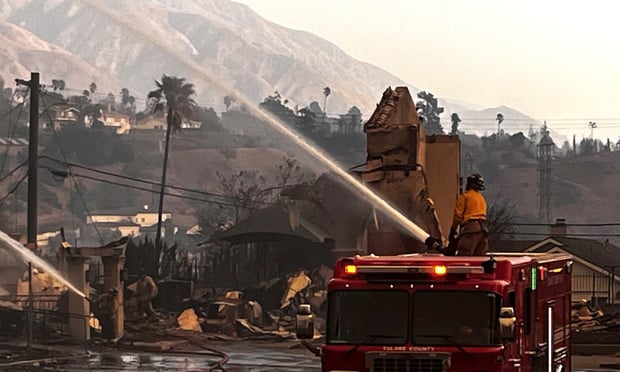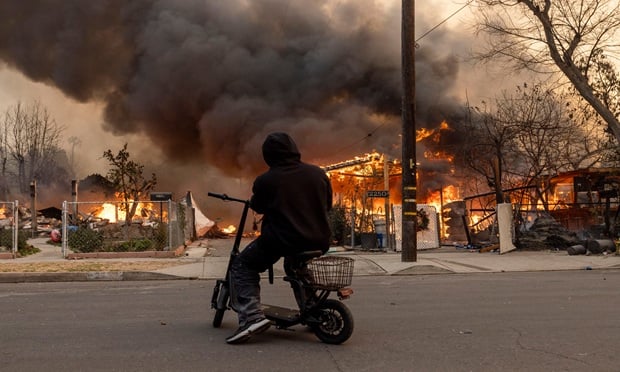Editor's Note: This article originally appeared in National Underwriter, P&C.
Experts say insurers will not likely have to pay business interruption or aviation claims from the Iceland volcano eruption, as such a rare event is not likely to be covered by policies.
Last week, NU Online quoted Gordon Woo, lead catastrophist for RMS, as stating that business interruption from the Eyjafalljokull activity is considerable to the aviation industry, with the temporary closure of airspace in U.K. and Scandinavia as a precaution over the airborne ash plume.
But Magnus Allan, a spokesman for Aon Aviation, said, "[T]his is such a rare event that it is unlikely to have been covered under business interruption policies. Even if specific coverage was offered by the insurance markets, it is likely to have been prohibitively expensive."
Loretta Worters, spokesperson for the Insurance Information Institute (I.I.I.), noted, "In terms of business interruption for the airports, there would be none because there is no physical damage to the airport or planes. So certainly this will be a financial setback for the airlines."
Woo yesterday also said aviation and travel insurers will be hit by the cost of several days of flight cancellations.
However, on April 16 Allan said, "Successful claims against standard airline liability insurance policies due to delays as a result of the volcanic eruption in Iceland are unlikely. This is a natural event and there has not been any actual damage to aircraft or property at this stage."
For travel insurance, coverage would depend on the policy, according to Worters. "Travel insurance policies will differ in this situation; there is no standard set of conditions that apply to a situation of this kind," she said, "Therefore customers should check their travel insurance policy, and speak to their travel insurer to understand what their individual policy covers them for in this situation."
Volcanic eruptions, she said, are not always covered by travel insurance for cancellation or delay, but some policies will cover it, Worters added.
She said that if a flight is cancelled, most airlines will offer either a full refund or an alternate flight, and if the flight is cancelled and the insured does not travel, most travel insurers will refund the premium if it is a single-trip policy.
Travel insurers also will usually amend a policy to cover new travel arrangements and dates, Worters said.
Phil Gusman is associate editor of National Underwriter, part of Summit Business Media's P&C Magazine Group, which includes Claims.
Want to continue reading?
Become a Free PropertyCasualty360 Digital Reader
Your access to unlimited PropertyCasualty360 content isn’t changing.
Once you are an ALM digital member, you’ll receive:
- Breaking insurance news and analysis, on-site and via our newsletters and custom alerts
- Weekly Insurance Speak podcast featuring exclusive interviews with industry leaders
- Educational webcasts, white papers, and ebooks from industry thought leaders
- Critical converage of the employee benefits and financial advisory markets on our other ALM sites, BenefitsPRO and ThinkAdvisor
Already have an account? Sign In Now
© 2025 ALM Global, LLC, All Rights Reserved. Request academic re-use from www.copyright.com. All other uses, submit a request to [email protected]. For more information visit Asset & Logo Licensing.








